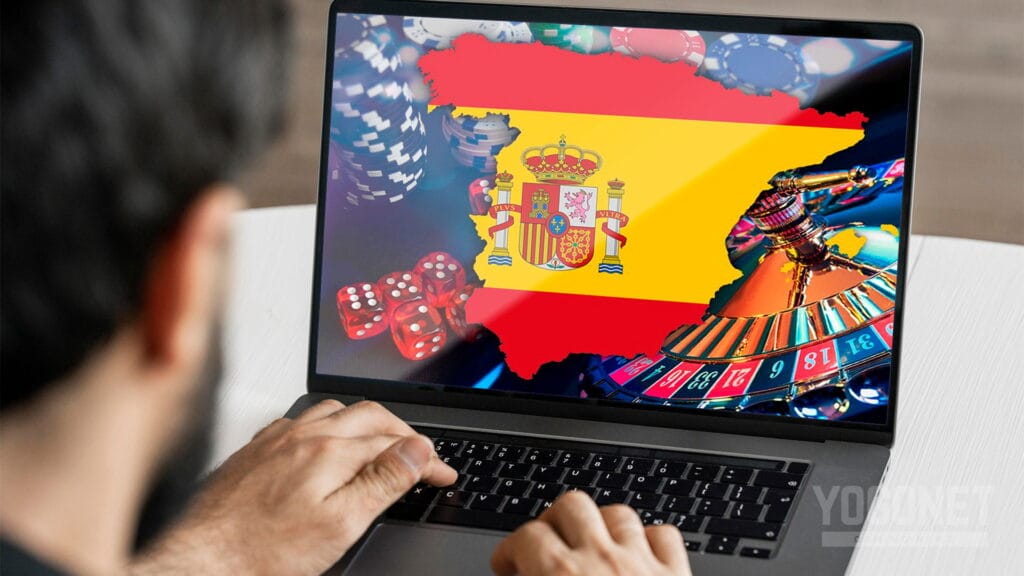Portugal’s Online Gambling Regulation: A Model for Europe?
What began as an effort to bring a previously unregulated sector under control has blossomed into a prime example of balancing consumer protection, tax revenue, and market competitiveness. As new betting companies eye the Portuguese market, the SRIJ’s regulatory model continues to evolve, staying true to its core principles of transparency and protection.
The Cornerstones of the Portuguese Regulatory Model
The success of the Portuguese model rests on several key elements that have garnered international attention:
Open Licensing Model
Unlike physical casinos, which operate under a concession model with a limited number of operators, the Portuguese online market operates under an open licensing system. As established in the RJO (Legal Regime for Online Games and Betting), “the operation of online games and betting should not be exclusive to some entities,” allowing any operator that meets the requirements to obtain a license.
This approach, known as “no numerus clausus,” contrasts with more restrictive systems and fosters a competitive environment that benefits consumers through greater choice and better offers.
Renewable Three-Year Licenses
Licenses for online gambling operation in Portugal are valid for three years and can be renewed for successive three-year periods, provided the operator continues to meet the legal requirements. This relatively short term allows the regulator to regularly reassess the performance of operators and adapt the requirements as needed.
Experts in online gambling regulation in Portugal emphasize that this renewal frequency ensures that operators maintain high standards of compliance over time.
Focus on Consumer Protection
The Portuguese model stands out for its strong commitment to player protection, implementing:
- Mandatory self-exclusion programs
- Deposit and betting limits
- Responsible gaming tools
- Mechanisms for preventing addictive behaviors
The SRIJ, through its Gaming Commission, establishes strict technical rules and standards that ensure a fair and transparent gaming environment, protecting consumers from predatory practices.
Proactive Combat Against Illegal Gambling
One of the most praised aspects of the Portuguese model is its aggressive approach to the illegal market. The SRIJ has the power to:
- Block unlicensed gambling sites
- Block payments to illegal operators
- Apply sanctions to non-compliant operators
- Continuously monitor the market
This proactive stance has been fundamental in channeling players to the regulated market, simultaneously protecting tax revenue and consumers.
Comparison with Other European Models
The Portuguese model occupies an interesting position in the European regulatory spectrum:
Portugal vs. Malta
Malta has adopted a low taxation model (around 5%) and less stringent compliance requirements, attracting numerous international operators. In contrast, Portugal applies rates between 15% and 25% on gross revenues and imposes more demanding technical and compliance requirements.
This difference explains why many international giants prefer to operate from Malta, but the Portuguese model has demonstrated greater effectiveness in consumer protection and generating sustainable tax revenue.
Portugal vs. Restrictive Models
Some European countries have opted for more restrictive models, such as state monopolies or a limited number of licenses. Portugal has found a middle ground, allowing multiple operators but maintaining strict control over who can enter the market.
This balanced approach has managed to avoid both the problems of monopolies (lack of innovation, limited offers) and those of excessively liberalized markets (predatory competition, insufficient protection).
The Voice of Experts
“The Portuguese model represents a remarkable balance between market openness and consumer protection,” says Teresa Monteiro, a gaming regulation specialist. “The SRIJ’s ability to adapt its regulatory framework to market changes, while always maintaining a focus on integrity and protection, is what makes this model so interesting for other European regulators.”
This adaptability is evident in how the SRIJ has addressed new forms of gambling and emerging technologies, establishing clear rules while maintaining space for innovation.
Impact and International Influence
The Portuguese model has influenced regulatory reforms in several European countries:
- Countries considering online gambling regulation for the first time study the Portuguese framework as a starting point.
- Established jurisdictions evaluate specific elements of the Portuguese model to improve their own systems.
- Portugal’s balanced approach has been referenced in discussions on regulatory harmonization at the European level.
The SRIJ’s transparency, which regularly publishes data on the market and its supervisory activities, is particularly valued as a good practice that promotes confidence in the regulatory system.
Challenges and Continuous Evolution
Despite its success, the Portuguese model faces challenges:
- The relatively high tax burden may limit international competitiveness.
- The licensing process, which can take between six and 18 months, is considered too long by some operators.
- The need to balance innovation with protection requires constant adjustments to the regulatory framework.
The SRIJ has demonstrated awareness of these challenges, maintaining an open dialogue with the industry and adapting its approaches when necessary. This stance of continuous evolution is another aspect that attracts international attention.
Conclusion: A Model in Constant Evolution
The Portuguese regulatory model for online gambling represents a balanced approach that has managed to transform a previously unregulated sector into a mature and responsible market. Its combination of open licensing, robust consumer protection, and proactive enforcement offers valuable lessons for other European regulators.
As the European online gambling market continues to evolve, the SRIJ remains at the forefront of regulatory innovation, adapting its framework to new technological and social realities. This ability to evolve, while always maintaining the fundamental principles of protection and integrity, is what truly distinguishes the Portuguese model and makes it a case study for regulators across Europe.
Stay ahead of the game in the licensed betting world – get the latest insights at LicensedBettingSites.com.















